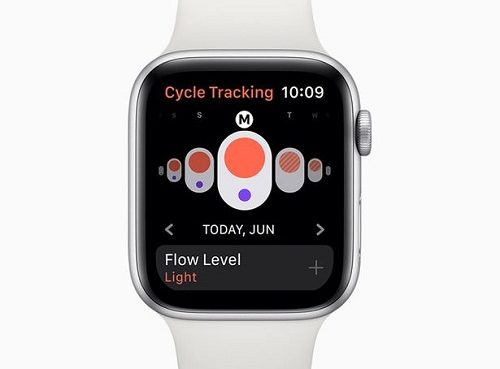The Federal Government, Thursday, said it had commenced policy formulation to direct 5G (the 5th generation mobile network) deployment in Nigeria.
The technology is a new global wireless standard after 1G, 2G, 3G and 4G networks. 5G enables a new kind of network that is designed to connect virtually everyone and everything together including machines, objects, and devices.
Dropping the hint on Thursday, the Nigerian Communications Commission, NCC, said the move was to ensure Nigeria does not miss out on technology developments that have helped to stabilise economies of other countries of the world.
Director Public Affairs of the Commission, Dr Henry Nkemadu, said it was within the rights of the Commission, in representation of the Federal Government, to do so, going by the provisions of the Nigerian Communications Act of 2003, Section 4(q) which mandates it to prepare and implement programmes and plans that promote and ensure the development of the communications industry and the provision of communications services the country.
NCC lists benefits
Nkemadu said: “Further to this mandate, the Commission considered that the deployment of Fifth Generation (5G) Technology will be beneficial for socio-economic development of Nigeria.
“The technology is an advancement on existing mobile technologies (2G – 4G) with enhanced capabilities providing new and enhanced mobile communications services.
“Such enhancements include applications like Internet of Things (IoT), Artificial Intelligence (AI), robotics, drones, advanced communication systems, cloud, 3D printing, mixed reality, simulation/imaging and gamification.
“These will bring improvements in manufacturing, transportation, public services, health and social works, agriculture, energy, logistics, media and entertainment, mining and quarrying, machinery and equipment, automotive, education, information and communication, urban infrastructure, consumer experience, sports, semiconductor technologies among others.
“The deployment of 5G technologies will consequently promote the national digital economy for a digital Nigeria that will improve the way Nigerians live and work. It has been deployed commercially and in use in some countries.”
‘5G is safe for humans’
On the safety of 5G, NCC explained that “as with the previous technologies, the International Commission for Non-ionising Radiation Protection (ICNIRP) has classified radiation from 5G as non-ionising and therefore safe for human beings.”
Nkemadu said that in view of the successful completion of the 5G trial carried out by MTN in November last year, the Minister of Communication and Digital Economy had directed the Commission to commence the development of a policy for the deployment of 5G in Nigeria.
He, however, added that in line with its powers under section 57 of the NCA, and the need for wide public consultation, the process of developing the policy will involve a public inquiry, which will involve all relevant stakeholders in the review and consultation process.
Recall that there had been reports of a connection between 5G and the failing human health, with particular mention of the COVID-19 pandemic.
However, an analysis put the situation in the correct perspective and explained why 5G is safe and is also the future.
The policy formulation parties
Meanwhile, on the 5G deployment policy formulation, Nkemadu revealed that the commission has listed the Ministry of Communications and Digital Economy, Office of the National Security Adviser, the National Assembly, Ministry of Health, National Environmental Standards and Regulations Enforcement Agency, consumer advocacy groups, the academia, Nigerian Society of Engineers, as part of the groups to help in formulating the policy.
Others include the Nigerian Medical Association, World Health Organisation(WHO), Council for the Regulation of Engineering in Nigeria, Mobile Network Operators, Nigerian Institute of Electrical and Electronic Engineers, Nigerian Institute of ICT Engineers, Association of Telecommunications Companies of Nigeria, Association of Licensed Telecommunications Operators of Nigeria, among others.
Source: Vanguard










